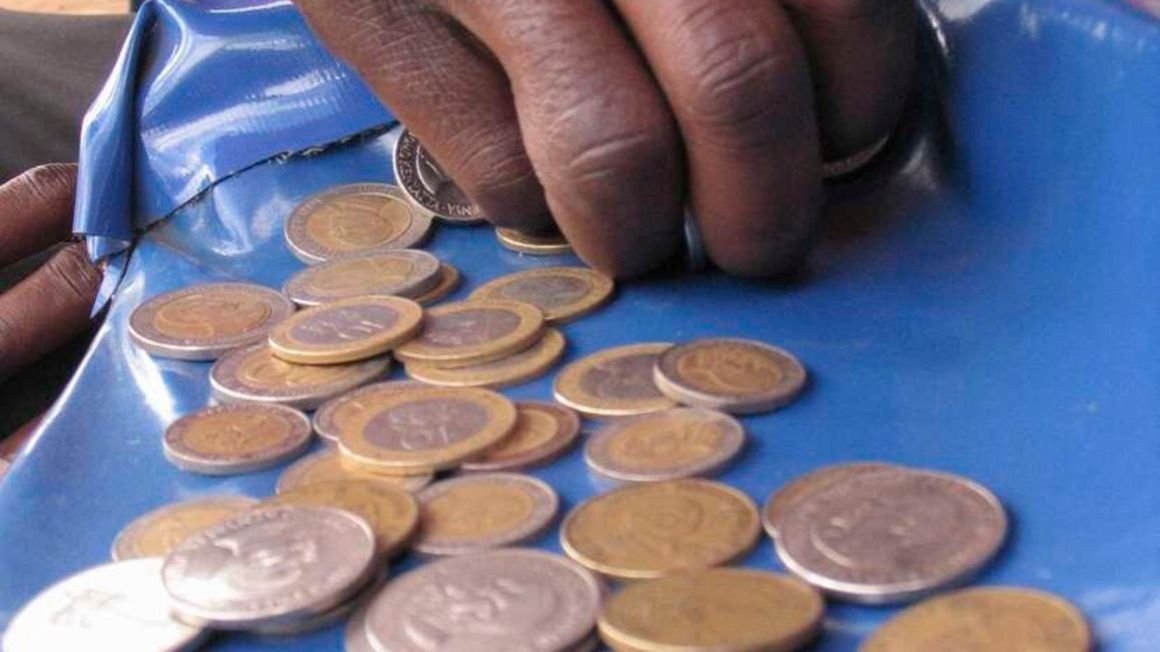The Kenyan shilling is under fresh pressure against the dollar after it hit a new record low on Monday, setting up the country for more expensive imports and debt servicing distress.
Central Bank of Kenya (CBK) data shows the Kenya shilling hit a record low to exchange at an average of 113.94 on Monday. Bloomberg quoted the shilling trading at 114 against the dollar at some point in the day.
A spot check by Business Daily , also revealed a weakening of the shilling amid escalating sanctions between Russia and the US that promise to cause a further rise in the cost of goods in the country.
Equity Bank #ticker:EQTY for instance was selling $1 at 119.55 at midday on Monday while buying the greenback at 111.25.
Co-op Bank #ticker:COOP was selling the dollar unit at 119.35 while buying it at 107.35. Stanbic Bank #ticker:SBIC and GTB Bank were selling the greenback at 118.50 and 117.55 respectively.
"The depreciation of the shilling is likely to reverse the six-month products for processing and capital goods for investment,” KAM CEO Phyllis Wakiaga told the Business Daily .
“This, therefore, implies that as the Kenyan Shilling depreciates, importers have to pay more for raw materials and intermediate goods.”
The Kenya National Bureau of Statistics (KNBS) said on Monday that the 5.08 percent February inflation rate was mainly due to an increase in prices of food and non-alcoholic beverages (8.69 per cent); furnishings, household equipment and routine household maintenance (5.41 per cent); housing, water, electricity, gas and other fuels (4.79 per cent); and transport (4.54 per cent) between February 2021 and February 2022.
KNBS Director General Macdonald Obudho said prices of cooking fat, capsicums (pilipili hoho), potatoes (Irish) and sifted maize flour increased by 5.20, 3.69, 2.64 and 2.32 in February 2022, respectively.
"Prices of food items in February 2022 were relatively high compared with prices of food items recorded in February 2021," Obudho said. There was no change in the price of petrol and diesel between January and February 2022. Kenya is is a net importer of fuel, machinery and motor vehicles.
The dollar has been gaining against other currencies globally amid the Russia and Ukraine crisis as investors view the currency as a safe haven, indicating the pressure on the shilling.The continued weakening of the local currency is expected to push living costs, hurting households already subjected to high fuel and food prices.Kenya imports goods including petroleum, machinery, medicine and pharmaceuticals […]
